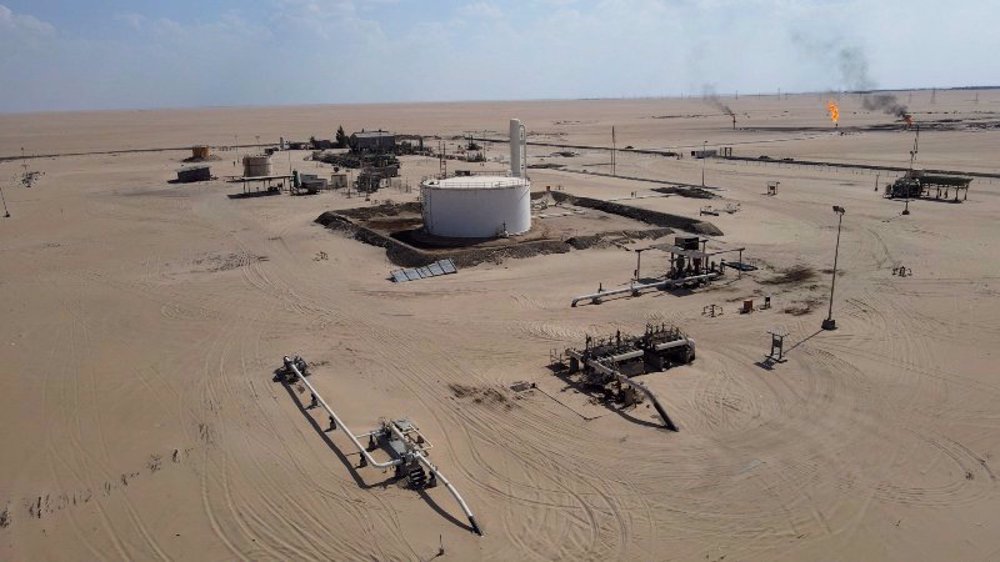Tunisia extends nationwide state of emergency for another month
Tunisia has extended for another month a nationwide state of emergency imposed across the North African country following a deadly bomb attack in November last year.
"The President of the Republic, Beji Caid Essebsi, decided on Monday ... to proclaim again the state of emergency across (Tunisian) territory for a month starting from June 21, 2016," the president's office said in a statement.
The statement added that the decision was made in consultation with government and parliamentary officials.

The state of emergency empowers the authorities to prohibit gatherings and strikes that might fuel unrest. It also permits the officials to close entertainment venues and censor the press.
The emergency was originally imposed on November 24, 2015 after a bomb attack by Daesh Takfiri terrorist group on a bus carrying presidential guards killed 12 people in the capital city of Tunis.
Following the attack, President Essebsi said Tunis was at “war against terrorism.”

In June the same year, an assailant armed with a rifle killed 38 people, mostly foreign tourists, on a beach in the Tunisian resort town of Sousse.
The attack came more than a month after two militants stormed the Bardo Museum in the capital and shot dead 21 people, mainly foreign tourists.
The relative calm in Tunisia has been punctured by growing instability in neighboring Libya, which has been in chaos since former dictator, Muammar Gaddafi, was toppled and later killed in 2011.
Tunisian forces have repeatedly clashed with Takfiri militants on the borders of Libya and Algeria over the past few years.
On March 9, Tunisian security forces killed at least ten militants suspected of having links to the Daesh Takfiri terrorist group near the town of Ben Guerdane close to Libyan border.
Tunisia fears further terror attacks in the country as an estimated 3,000 Tunisian terrorists are believe to be within the Daesh ranks in Iraq, Syria and elsewhere, and they could pose troubles when they return home.
The North African country has been plagued by violence since the 2011 uprising, which ousted former dictator, Zine El Abidine Ben Ali, who was in power for over two decades.
UNRWA warns of humanitarian collapse in Gaza
'Hello my enemies': Lebanese journalist on Israeli threats and his resolve to continue
Outrage in France as MP proposes bill to ban criticism of Israel
VIDEO | The strategy of Hezbollah in war
Israeli military withdraws several brigades from southern Lebanon: Report
48-year-old Palestinian man serving 48 life terms completes 22 years in Israeli jails
From MKO to Tondar, how Germany became safe haven for anti-Iran terror groups
Hamas open to any proposal aiming to end Gaza war: Hamdan















 This makes it easy to access the Press TV website
This makes it easy to access the Press TV website